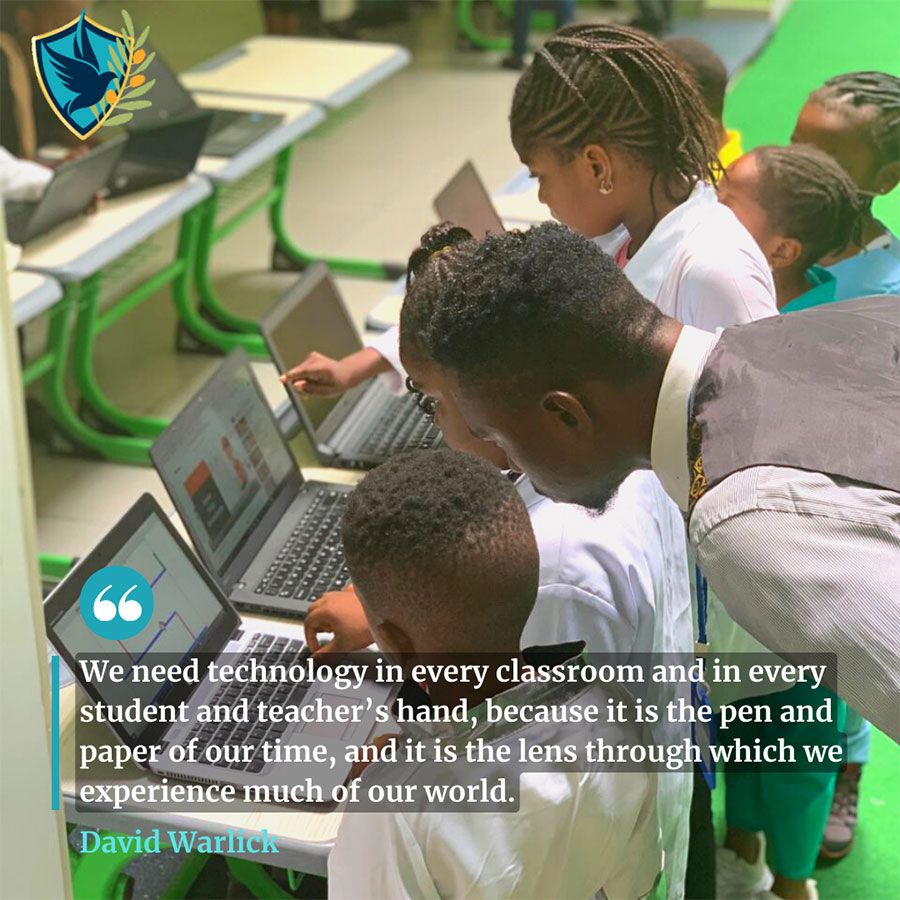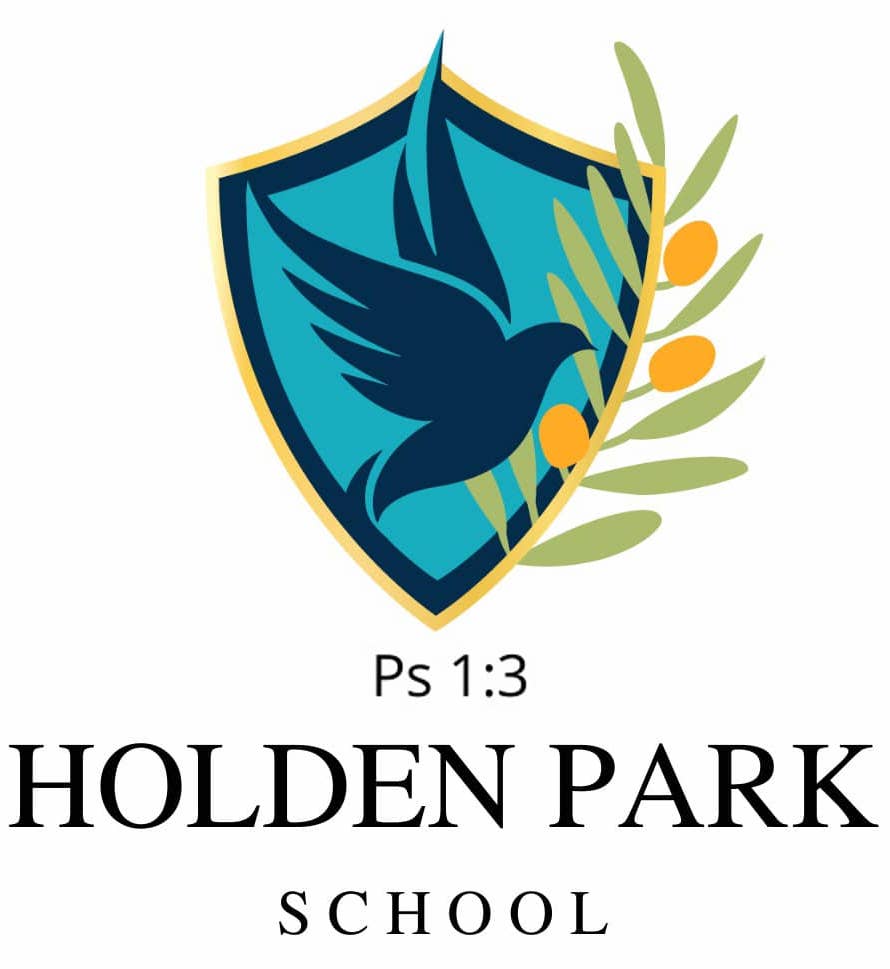Humanities
May 30, 2023 2023-05-30 12:38Humanities

This consists of Geography, History, Religious Education, Global Perspectives.
GEOGRAPHY
Geography enables pupils to understand their place in the world and encourages investigation into the impact human factors have on the world.
Key aims are to:
- develop a knowledge of the world’s complex and dynamic geography, combined with an understanding of contemporary world issues
- investigate a range of places across a variety of scales
- provide a wide range of geographical skills and encourage their independent use
- provide experience and enjoyment of Geography through practical fieldwork
Key Stage 3
The Year 7 course aims to aims to introduce learners to aspects of physical, human and environmental geography, as well as an understanding of the UK’s place in the world and in relation to Africa. Essential geographical skills and techniques are developed, including a range of graphical, presentation and mapping skills using atlases and Ordnance Survey maps. A wide range of resources and teaching styles are employed in the classroom, and learners will be encouraged to develop their ability to work independently.
The Year 8 course develops the framework established in Year 7, with an increasing emphasis on how human activity is determined by physical and human factors. The ways in which humans can affect the environment will also be considered, looking at a range of contemporary global issues. Geographical skills and techniques are integrated into the course, with increasing complexity. Learners will develop the range of skills necessary to enable them to outline an argument and to identify with the skills involved in decision making.
In Year 9, greater emphasis will be placed on the global nature of modern geography, both physical and human. The course will range from variations in development and standards of living, through globalisation and the development of China to coastal landforms and ecosystems on a global scale. Learners will develop an understanding of different values and attitudes towards contemporary issues, combined with an appreciation that peoples’ opinions vary according to their circumstances and experiences. Skills which will enable our learners to outline & criticise arguments are developed and deepened.
Key Stage 4
We will follow the 9-1 IGCSE for year 10 and 11. Fieldwork is an essential element of this course, allowing our learners to experience several aspects of physical and human geography first hand, so they can work independently to collect data for their skills exam. The IGCSE course allows the opportunity to develop communication skills, graphical and cartographical skills, technological skills (including ICT and GIS) and interpersonal skills through debate and discussion, combined with literacy, numeracy and problem-solving skills. It provides opportunities for personalised and independent learning, and gives learners a clear overall view of the world in the first part of the 21st century.
Educational visits and extra-curricular activity
Fieldwork remains central to our teaching throughout the school. Key Stage Three involves a range of established day trips such as to the Lekki Conservation Centre in Lagos State and Olumo Rock in the Abeokuta City of Ogun state; both in Nigeria. Learners will also complete investigations into the school’s micro-climate and quality of environment. We will also be considering residential field trips which will play a vital role in the preparation of our students at the IGCSE level, giving the students essential hands-on experience of primary data collection.
Rooms and resources
The classroom is equipped with a computer, interactive board and multi-media projector as well as audio-visual materials.
HISTORY
During History lessons, we aim to engage our learners in the events of the past and encourage an awareness of some of the key events over the past two millennia. Students will be taught to appreciate a wide range of viewpoints and interpretations of those events, and promote tolerance and citizenship.
Key Stage 3
At this stage will be studying various topics as specified by the British curriculum however, we will infuse content from our Nigerian background. All conversations will have a direct reference to our local context. We want our learners to be able to relate to our local background so they become more rounded global citizens.
Our students will be taught to identify and describe trends in supplied information, analyse and evaluate ideas with sound deductions backed up with very good justifications which are consistent with the required information.
Key Stage 4
We will be following the Cambridge 9-1 IGCSE curriculum at year 10 & 11.
The curriculum will enable learners to recall, select, organise and deploy knowledge of the provided content. They will learn to construct historical explanations using an understanding of cause and consequence, change and continuity, similarity and difference; discuss the motives, emotions, intentions and beliefs of people in the past.
In addition, they will learn to understand, interpret, evaluate and use a range of sources as evidence, in their historical context.
Educational visits and extra-curricular activity
We will be embarking on a number of local trips to areas of historical interest such as the Badagry Museum, the Olusegun Obasanjo Presidential Library in Oyo State. A number of international visits will also be organized; thankfully we have a diverse student community so can share historical information from our different backgrounds.
Rooms and resources
The majority of teaching takes place in the classrooms. A wide range of IT resources are used in delivering the curriculum.
RELIGIOUS EDUCATION
The Religious Education curriculum encourages leaners to discuss what belief is, gain an understanding of different religions and investigate ethical and moral issues. Key aims of the department are to:
- stimulate and maintain an interest in Religious Education
- develop the students’ awareness of the relationship of modern-day events to religion
- enable students to have an understanding of the different religions and to help them become more tolerant members of the wider community.
Key Stage 3
In year 7 students will commence their studies by exploring the question ‘why do we study RE?’ This is aimed at providing a context to their learning so they understand the key aims of the subject. They will explore the six major religions, investigating their founders, followers, symbols and key ideas. They will also look at the important concepts of truth, belief and faith by developing their understanding of the ‘ultimate questions’ in the world in which we live. To consolidate their understanding of the six major religions, there is a focus on the different religions’ an understanding of who ‘God’ is, and the ‘basic rules for living’.
In year 8, learners will focus on the practice of worship and belief in the six major religions and how this affects the lives of their followers. They will also explore the religious’ responses to violence, war, suffering and prejudice, asking whether evil exists in the world and, if so, discussing whether we can reconcile this with a belief in a ‘God’. Key figures from throughout history, such as Martin Luther King, Malcolm X, Gandhi and the Dalai Lama, are also included in the Year 8 curriculum.
In Year 9, Students will build on prior knowledge of the main religions in Britain. They will consider the arguments to prove that God exists and explore religious change over time, adaptations of religion to civilising society and altering interpretations of religious context. Attitudes towards moral and ethical questions, such as ‘when are the beginning and end of life?’ or ‘is it ever right to kill?’ are considered. Conflict and terrorism are explored in the religious context, as well as media interpretations of religion.
Key Stage 4.
Year 10 and 11 follow the Cambridge IGCSE syllabus.
Rooms and resources
The majority of teaching takes place in the classrooms. A wide range of IT resources are used in delivering the curriculum.
GLOBAL PERSPECTIVES
The aims are to enable students to:
- become independent and empowered to take their place in an ever-changing, information-heavy, interconnected world
- develop an analytical, evaluative grasp of global issues and their causes, consequences and possible courses of action
- enquire into, and reflect on, issues independently and in collaboration with others from different cultural perspectives
- work independently as well as part of a team, directing much of their own learning with the teacher as an active facilitator
- consider important issues from personal, local and/or national and global perspectives and understand the links between these
- critically assess the information available to them and support judgements with lines of reasoning
- communicate and empathise with the needs and rights of others.
This is studied at both Key Stage 3 and 4
At Key Stage 4 (year 10 and 11), students will follow the 9-1 IGCSE curriculum.
Educational visits and extracurricular activity
The various educational visits we will embark on from the different subjects will be our opportunity to develop the required skills for this subject. Student will deepen their research skills as they design and carry out research into current global issues, their causes, consequences and possible course(s) of action. They will learn to use evidence to support claims, arguments and perspectives; identify and analyse and evaluate issues, arguments and perspectives. These activities will enhance their communication as well as their collaboration skills.
The school will be running Duke of Edinburgh award as well as Model United nations
Rooms and resources
The majority of teaching takes place in the classrooms. A wide range of IT resources are used in delivering the curriculum.

